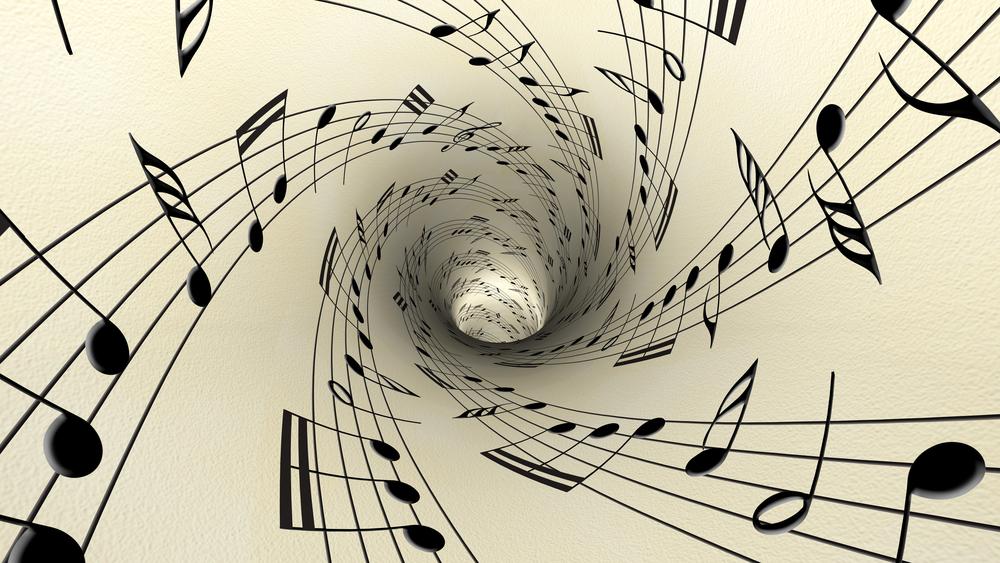Reverend Jonathan Arnold, dean of divinity at Magdalen College, Oxford, has written about the “seeming paradox that, in today’s so-called secular society, sacred choral music is as powerful, compelling, and popular as it has ever been.”
But is this a paradox? Arguably, the power of this music derives from having been written by supremely talented, well-trained composers who just happened to live in a Christian tradition, writing mainly for the church. If the dominant religion over the past millennium had been atheist secularism, say, talented composers might still have written equally compelling music.

